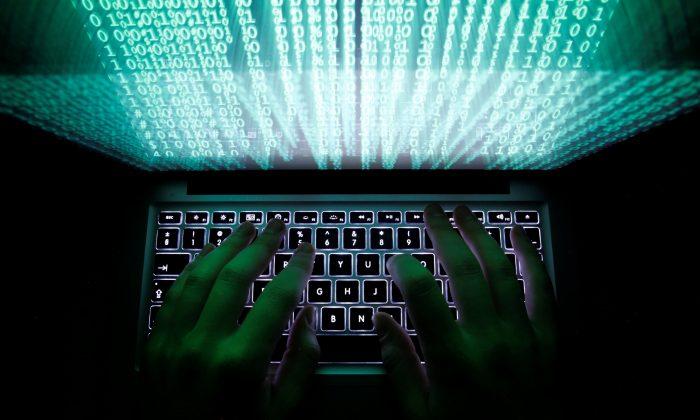One quarter of significant cyberattacks over the last 12 months were perpetrated from China, according to data from the Center for Strategic and International Studies (CSIS).
The Washington-based think tank monitors cyberattacks on government agencies, defense, and tech companies, or economic crimes with losses of over $1 million. Its latest global compilation of the cyberattacks over the past 12 months from China accounted for 28 of the 113 incidents.





